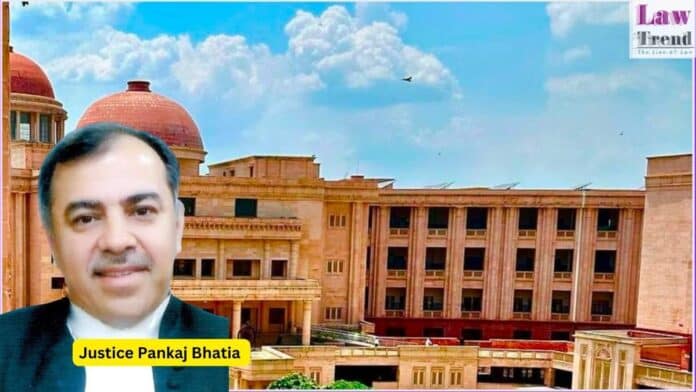In a significant ruling, the Allahabad High Court has dismissed two bail applications while reaffirming the jurisdiction of Special Courts under the Scheduled Caste and Scheduled Tribe (Prevention of Atrocities) Act, 1989 (SC/ST Act) to try offences under the Indian Penal Code (IPC) alongside offences under the SC/ST Act. The judgment, delivered by Justice Pankaj
To Read More Please Subscribe to VIP Membership for Unlimited Access to All the Articles, Download Available Copies of Judgments/Order, Acess to Central/State Bare Acts, Advertisement Free Content, Access to More than 4000 Legal Drafts( Readymade Editable Formats of Suits, Petitions, Writs, Legal Notices, Divorce Petitions, 138 Notices, Bail Applications etc.) in Hindi and English.




